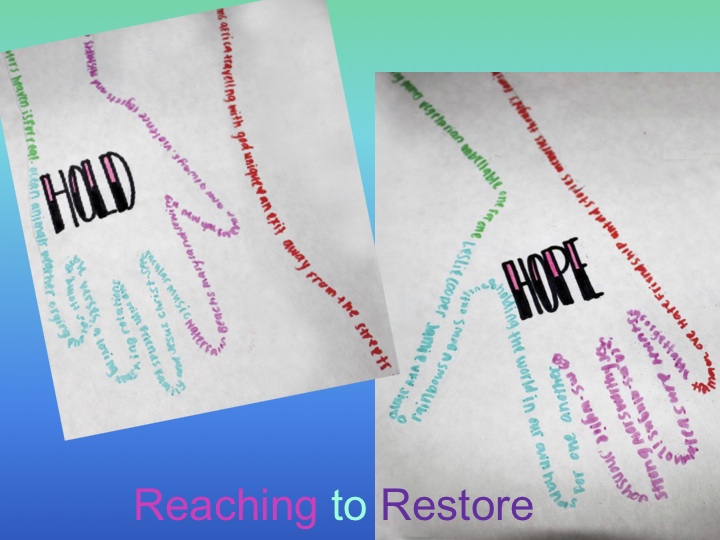This special issue explores how best to use performance to leverage justice for victims of trafficking, child soldiers, illegal immigrants, the poor, and others who lack recognition and protection within the legal and social apparati of national governments and some non-governmental organizations (NGOs). This focus has emerged from a two-year research project on “Gendered Citizenship: Manifestations and Performance” between scholars in theatre and performance in collaboration with politics colleagues at University of Warwick, UK and Jawaharlal Nehru University, Delhi.
Articles by María Estrada-Fuentes
María Estrada-Fuentes is an Early Career Fellow at the Institute of Advanced Study at the University of Warwick. Her research interests are conflict transformation, peace-building, applied theatre, politics and performance. She has worked with government institutions and NGOs implementing theatre, dance and performance practice in the social reintegration of ex-combatants in Colombia. Her publications include "Performing Bogotá: Memories of an Urban Bombing" (in Performing Cities, ed. Nicolas Whybrow, 2014), and "Becoming Citizens: Loss and Desire in the Social Reintegration of Ex-combatants in Colombia" (in Gendered Citizenship: Manifestations and Performance, eds. Bishnupriya Dutt, Janelle Reinelt and Shrinkhla Sahai, forthcoming 2017).
Affective Labors: Love, Care, Solidarity in the Social Reintegration of Female Ex-Combatants in Colombia
In the Battlefield What can you tell me about love? This question was often followed by a combination of nervous laughter and bitter smiles. Thoughtful silence. As if love could not be part of life in the guerrilla ranks. As if love was not part of everyday life in times of war. Perhaps the former…
Challenges of Praxis: ARM of Care and Kolkata Sanved
As part of our Gendered Citizenship project, we partnered or collaborated with several NGOs and theatre companies whose work is on the front lines of supporting survivors of poverty, violence, statelessness, and homelessness. We have listed these organizations and their websites in our “Further Resources” list at the end of this section. Here we share the “best practices” of two NGOs that work with survivors: one young and community-based (ARM of Care), growing quickly from a grass roots start; the other (Kolkata Sanved) engaged for twenty years to develop a substantial international reputation.


